GEN100 is a required course for all first-semester freshmen in the College of Agriculture, Food, and Environment. The program will be doubling in enrollment Fall 2017 for a total of 700 students, 28 sections of 25 students each. This project will allow the instructor of each section to choose from several options that will facilitate student-led research that leads to a hands-on community service project. This project will serve as a major course assignment.
Option 1: “Local UK Dining.” Research local farms and locally-grown products. Obtain, process, and present a product (with Food Connection assistance). Draft a flyer about the farm, the product, and the recipe. Run a stand in the 90 Dining Hall and give out food & information.
Option 2: “Growing Forests in Cities” Research urban forestry with the help of Nic Williamson and the Urban Forestry Initiative. Calculate ecosystem services of various trees. Draft a flyer about urban forests. Identify a location that could use trees. Obtain trees. Plant trees and distribute flyers.
Option 3: “Better School Lunches” Research school lunch options and the origins of the school lunch program. Plan and present a hands-on cooking session on nutrition and “better” school lunches in underserved Fayette County schools.
Option 4: “Get in the Garden.” Research the socio-economic history, costs & benefits of community gardens – with a special focus on economic inequality and food insecurity. Research environmental issues associated with gardening approaches - compost, beneficial insects, etc. Spend a work day in a Seedleaf community garden in Lexington.
Possible additional, unconfirmed options: Rain Garden clean-up project with Tracy Farmer Institute during water week investigate storm water management issues; Children’s Garden/Arboretum –environmental education service project; Glean KY – community food security service project.
Team Members: Ali Rossi, Community and Leadership Development; Brooke Gentile, Community and Leadership Development; Larry Grabou, Center for Student Success
View Final Report Here


